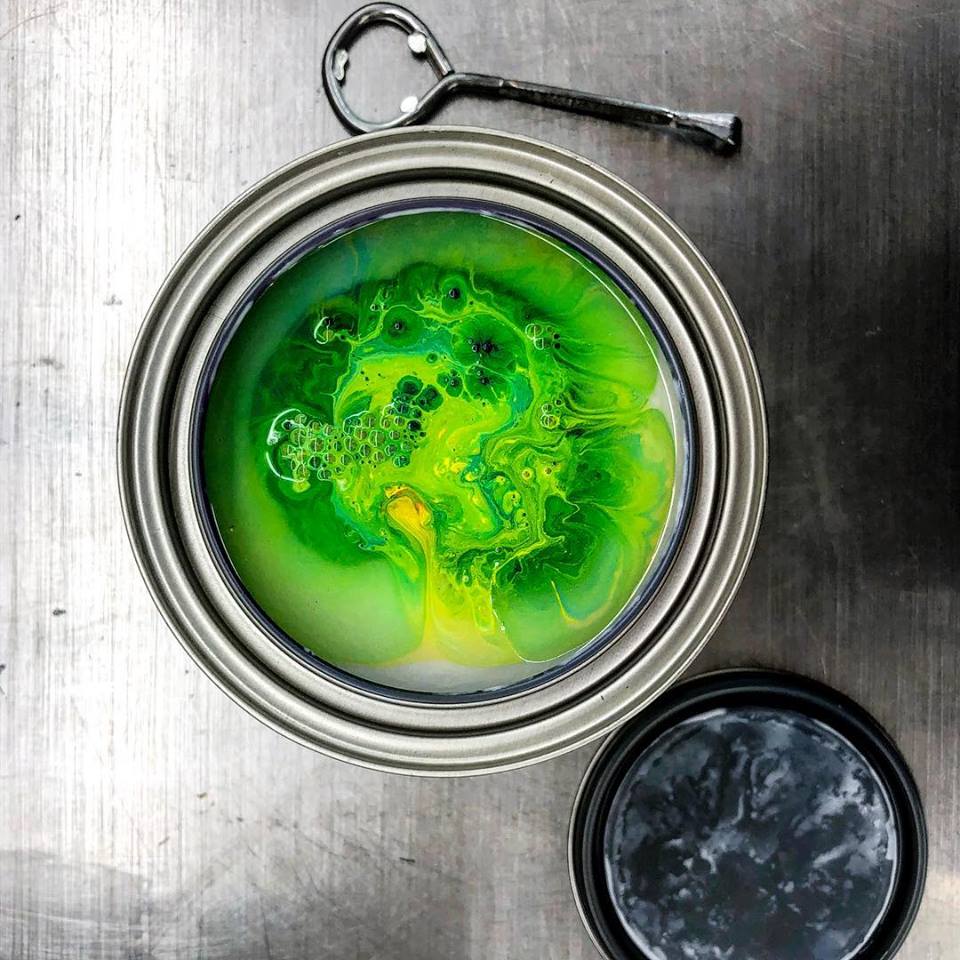
In my dreams, I catch her before she falls, the first fall in her apartment down the road from our house, when I’m a thousand miles away at a residency and have to rush home on the desert freeway, smoking a hundred Kools on the way. The second fall on the sidewalk in front of her doctor’s office when she should have been using a walker, I should have made her use a walker, not the blue aluminum cane that does nothing to stop her careening to the concrete hitting the left side of her head and fracturing her pelvis.
In my dreams, I dive behind me and catch my mother before she falls and the lump rises on her head and the pelvic bone starts burning with pain and we have to go to radiology and the emergency room and into the hospital for nine days and they lose her hearing aids. In my dreams, even if I don’t catch her, her falling over and over makes me scream soundlessly and then she bounces back up like a rubber ball, no abrasions, no broken bones, a joking grin on her face—see, I’m only kidding, she says. In my dreams, from the hospital, I take her to hospice in my own car in the middle of winter instead of a medical transport taking her to the nursing rehab place, I let her die peacefully in her own time
In my dreams, I don’t try to make her go to the dining room and eat, I don’t try to make her live forever—me and those nurses and physical therapists and doctors whose agenda, whose standard of care is always keep them alive no matter the cost, no matter that she is ninety-three-and-a-half years old, no matter that she’s ready to move on, the signs are there, I just don’t recognize them—the anti-social behavior, the reaching for waving threads in the air, the plucking at the bed covers, she isn’t hallucinating, she’s trying to leave this world, but we keep cheering her on, her progress of ten, twelve, maybe fifteen steps across the hallway floor, I keep cheering her on even when I hear the wounded animal groan from the bathroom where the PT woman is making my mother stand and brush her teeth when she doesn’t want to or just plain can’t, by now my mother’s so out of it with the Alzheimer’s, she can’t ever remember she can’t walk well, but still she wanders at night to her neighbor, Harriet’s room at 11 pm, go back to bed, Alice, the witch tells her, probably yells at her, I hate that woman and that sneer on her face, her complaints at every single fucking meal about the crappy food (which is gourmet by the way), my mother—still—in her dementia, in her pain—my mother still has a smile on her face most times, she treats the staff as if they were her very own family, she touches their hands and says, even if she just said it a few minutes before—you’re so sweet—
In my dreams, when she falls in the rehab bathroom while I’m helping with the wheelchair behind her—she either doesn’t hear me or she forgets—when she tries to sit down and the chair isn’t there, when she falls I dive over to the toilet and catch her in my arms and we both land on a huge pile of ghost-cloud pillows, she doesn’t hit her head against the wall, she doesn’t land hard on her butt, I catch her, I am a hero, I don’t say Mama, Mama (I never called her that), I don’t scream for help and start weeping, and she doesn’t say in her tenor, almost breathless voice: Don’t cry, you’ll only make it worse for me.
And in my dreams, as I gulp tears, her words don’t reverberate off the green tile walls like some sort of drug flashback, as if I’ve heard them a million times before, somewhere, not here, somewhere else, long ago, not here, but somewhere real, not in my dreams, not in my dreams.
__
Liza Porter’s essays have appeared in Chautauqua, Cimarron Review, PRISM International, and Passages North. Her manuscript “Bruce Springsteen Sang to Me” was finalist for the 2018 Faulkner Society Faulkner-Wisdom Narrative Nonfiction Book Award. Her poetry chapbook Red Stain was finalist for the 2015 Arizona New Mexico Book award and the 2015 WILLA Award (Women Writing the West). Three of Porter’s essays have been noted in Best American Essays.
Photo by Elizabeth Fackler

3 comments
JoAnne E Lehman says:
Jul 6, 2019
This is exquisite. I get little glimpses of my experience with my own mother and her dementia here, even though most of the circumstances were different. But this line — “she treats the staff as if they were her very own family, she touches their hands and says, even if she just said it a few minutes before—you’re so sweet—” — this was my mother through and through.
Kat Moore says:
Aug 12, 2019
This is beautifully written. It reminds me of my mom and my grandma before she did. I’m sharing this with my mom.
Mary Sojourner says:
Sep 11, 2019
I’d love to see this without what appears to be the distancing device of “in my dreams”. Potential for raw power here.